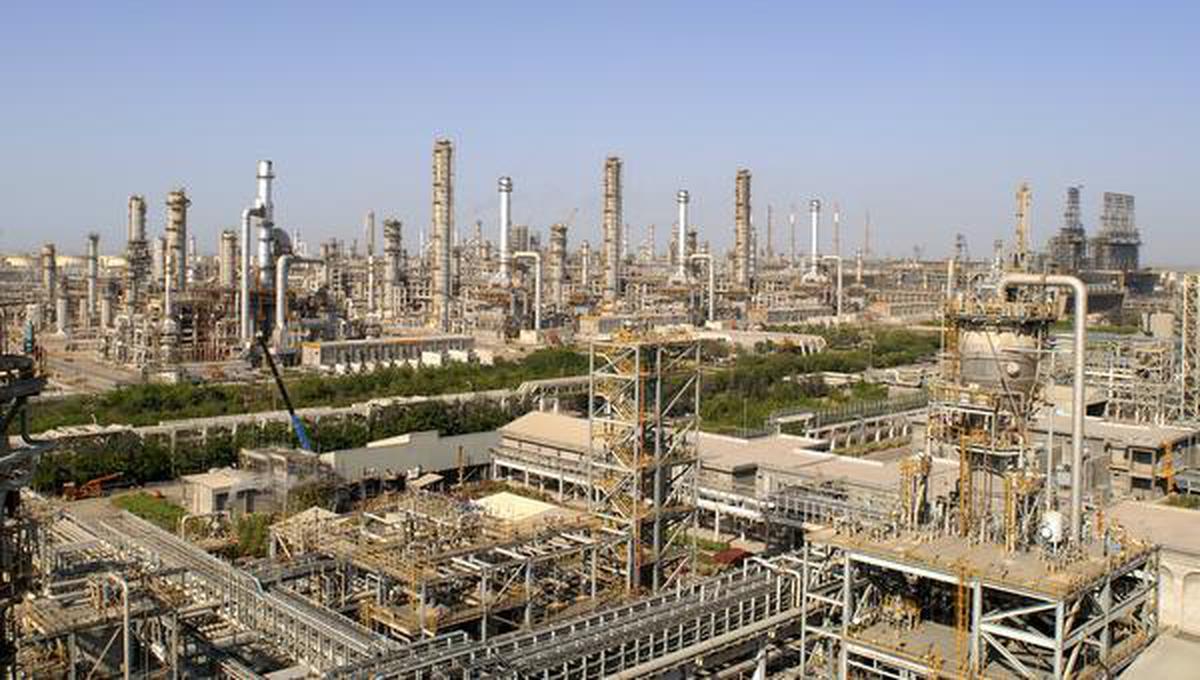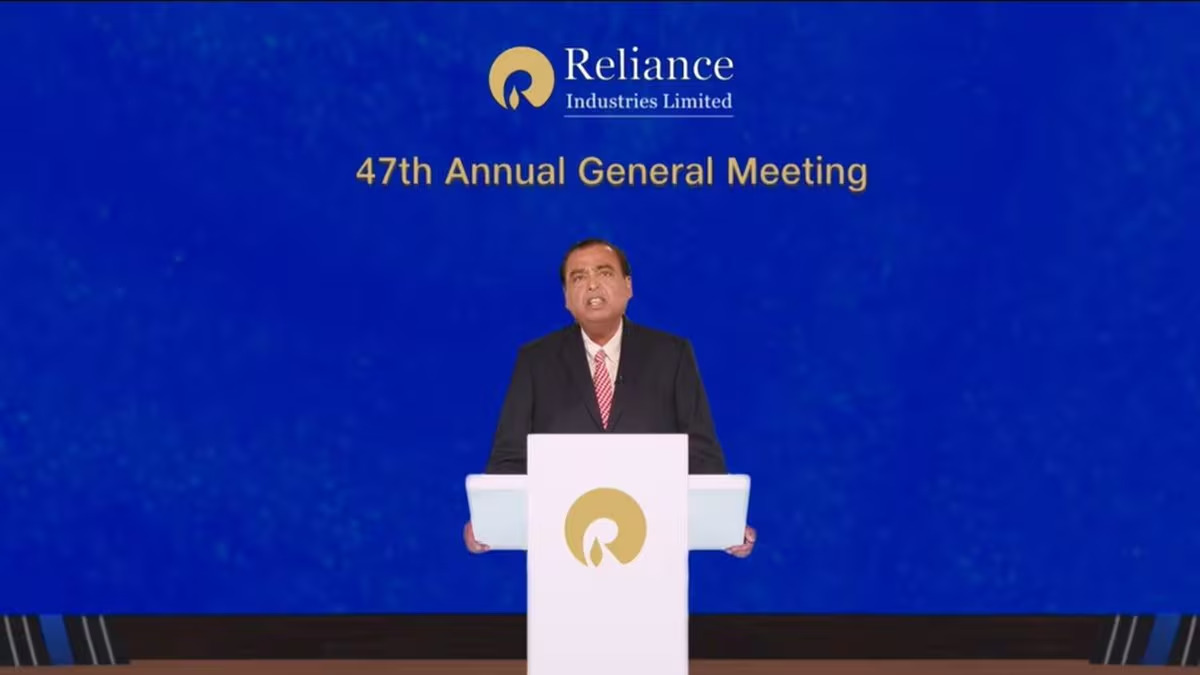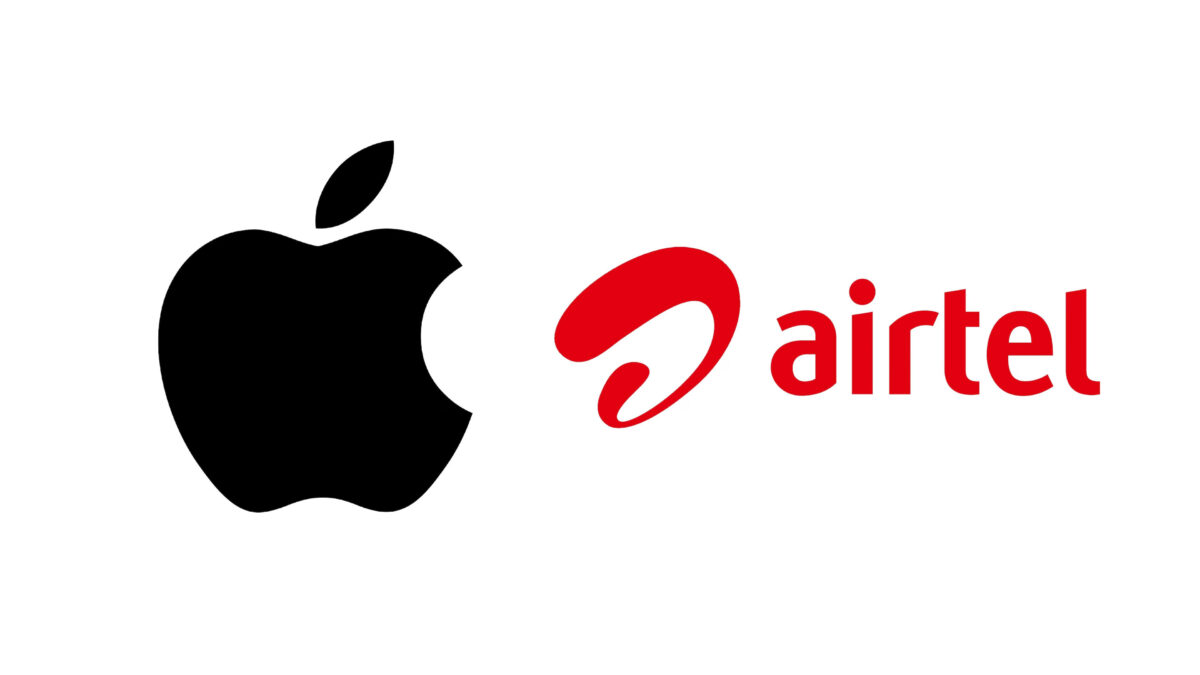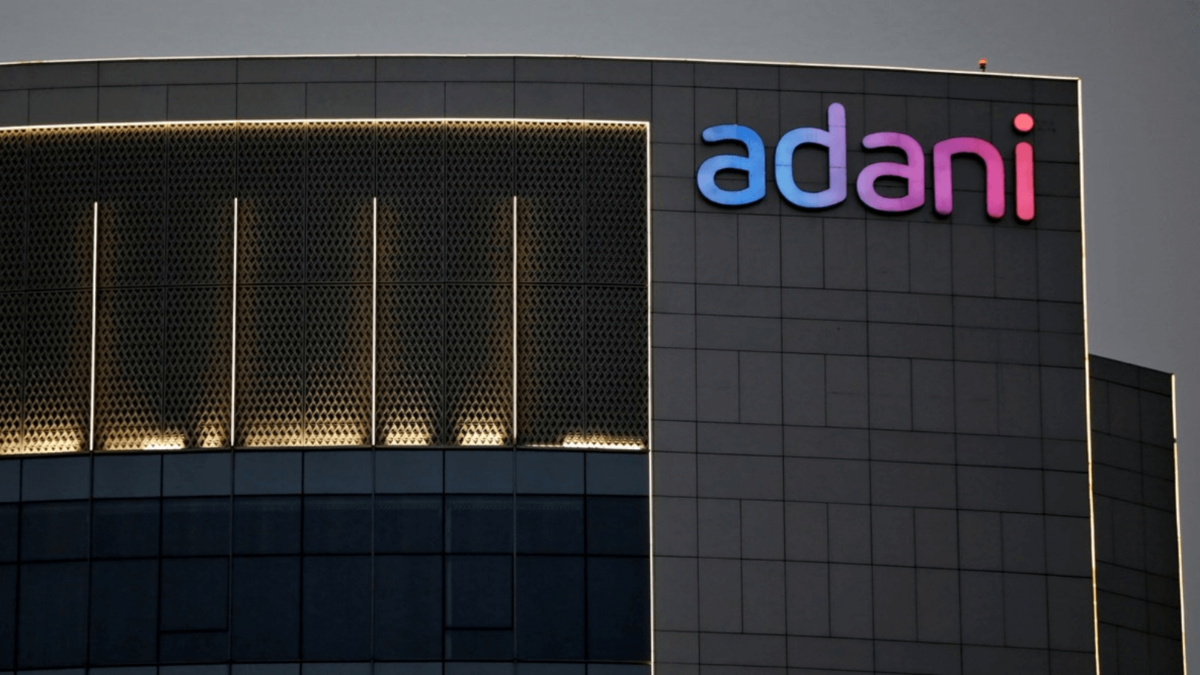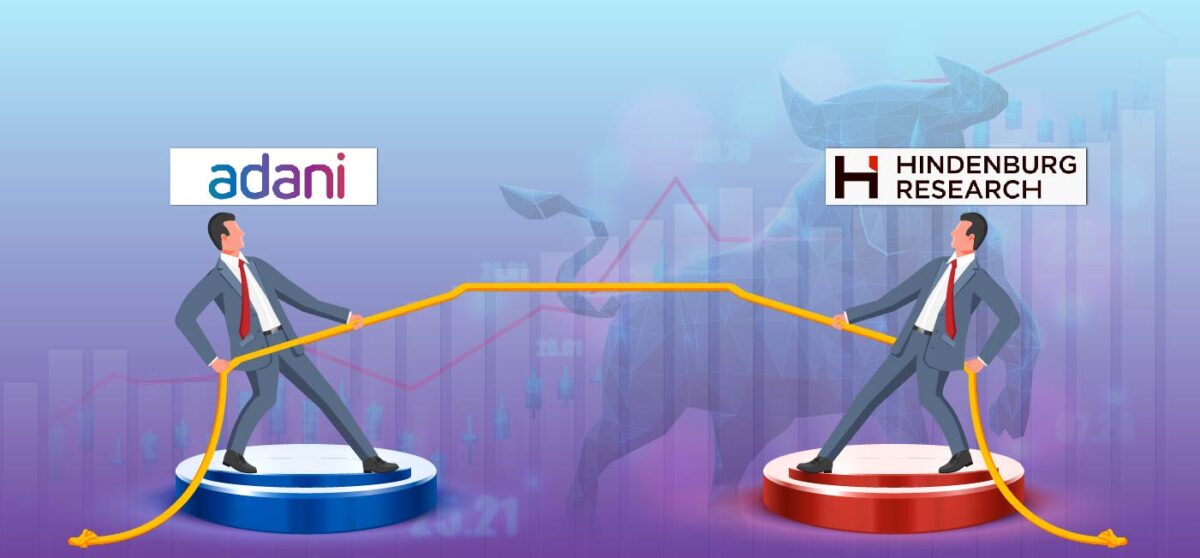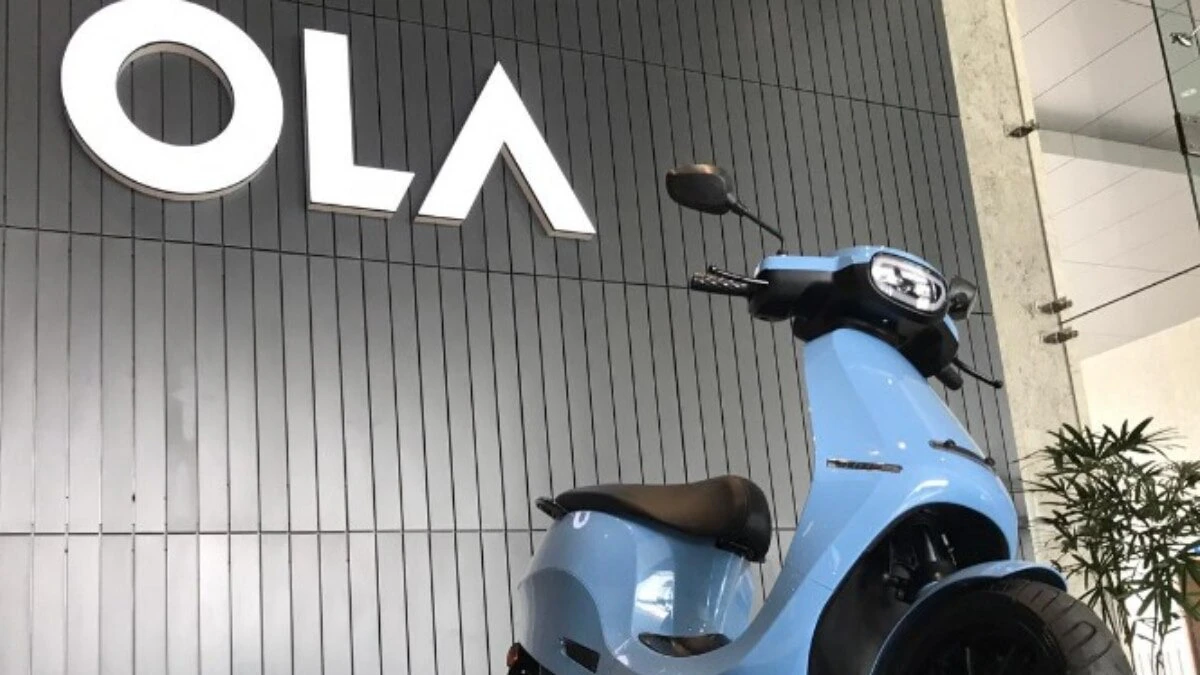At the 47th Annual General Meeting of Reliance Industries Limited, Chairman Mukesh Ambani announced that by 2025, Jamnagar will become the epicenter of the company’s new energy business. The Dhirubhai Ambani Green Energy Giga Manufacturing Complex will be established there, envisioned as the world’s largest, most advanced, modular, and integrated green energy ecosystem at a single location. Ambani also expressed confidence that this new energy business would become “big and profitable” within the next 5 to 7 years.
Mukesh Ambani expressed confidence that Reliance’s new energy business will become “big and profitable” in the next 5-7 years, driven by the following five factors:
1. Meeting Captive RE-RTC Requirements: The focus will be on fulfilling the large captive Renewable Energy-Round-the-Clock (RE-RTC) needs across Reliance Industries Limited’s group businesses over the next 5 to 7 years, significantly reducing energy costs.
2. Value-Accretive Offtake Agreements: Investments in green fuels projects will be supported by value-accretive offtake agreements with large global partners.
3. Positive Cash Flow from Day One: Ensuring that all projects are cash flow positive from the very beginning.
4. Next-Gen Products through Deep-Tech R&D: Development of next-generation products through advanced research and development (R&D) that will offer higher efficiency and reduced costs, leading to greater margin expansion.
5. Startup Growth Mindset: Building businesses with the mindset of startup growth companies, empowered by task force teams comprising best-in-class global talent.
Additionally, Ambani has planned an investment of up to Rs 75,000 crore to establish a manufacturing ecosystem aimed at maximizing margins.
“We are on track to fully commit and invest up to ₹75,000 crore to establish this manufacturing ecosystem, which will be extensively enabled by emerging technologies such as AI, IoT, Machine Learning, and Robotics,” said Mukesh Ambani. “Our comprehensive ownership and automation of the integrated value chains will enable us to maximize margins, surpassing those of stand-alone, non-integrated players.”
Reliance Industries Limited has announced several ambitious projects to advance its new energy business:
1. First Solar Giga Factory: The company will launch its solar giga factory this year, producing photovoltaic (PV) modules, cells, wafers, ingots, polysilicon, and glass at a single location. This facility will have the capacity to produce 20 GW of solar PV modules by the end of the year, converting sunlight into electricity.
2. Sodium-Ion and Lithium Battery Production: Reliance plans to industrialize sodium-ion cell production at the megawatt (MW) level by 2025 and start a pilot production line for lithium battery cells, aiming for a 50 MWh annual output by 2026.
3. Investment in New Fuels Business: The company announced a USD 10 billion investment over three years, beginning in 2021, to develop a new fuels business based on achieving 100 GW of renewable power capacity by 2030.
4. Giga Factories in Jamnagar: The plan includes establishing four giga factories in Jamnagar, Gujarat, dedicated to manufacturing renewable equipment, battery storage, fuel cells, and hydrogen.
5. Modular Expansion and Advanced Technology: The solar giga factory is designed for modular expansion at minimal cost and within a short time frame. Reliance has fully integrated and indigenized the Heterojunction Technology (HJT) from its wholly-owned subsidiary, REC Singapore, to develop first-generation bifacial solar panels with a cell efficiency exceeding 26%.
6. Electrolyser Manufacturing Facility: By 2026, Reliance plans to build a multi-GW electrolyser manufacturing facility on the west coast of India. This facility will produce green hydrogen and green fuels at the most economical cost, leveraging the company’s deep understanding of electrochemistry, industrial scalability, and integration with low-cost solar energy.
7. Adaptable and Expandable Factory: The electrolyser manufacturing facility will be fully adaptable, supporting various technologies such as Alkaline, Proton Exchange Membrane (PEM), and Anion Exchange Membrane (AEM). Built to Industry 4.0 standards, the facility will be expandable in a modular fashion to meet market demand.
These initiatives are part of Reliance’s broader strategy to transform Jamnagar into a leading global hub for renewable energy and green fuels.
